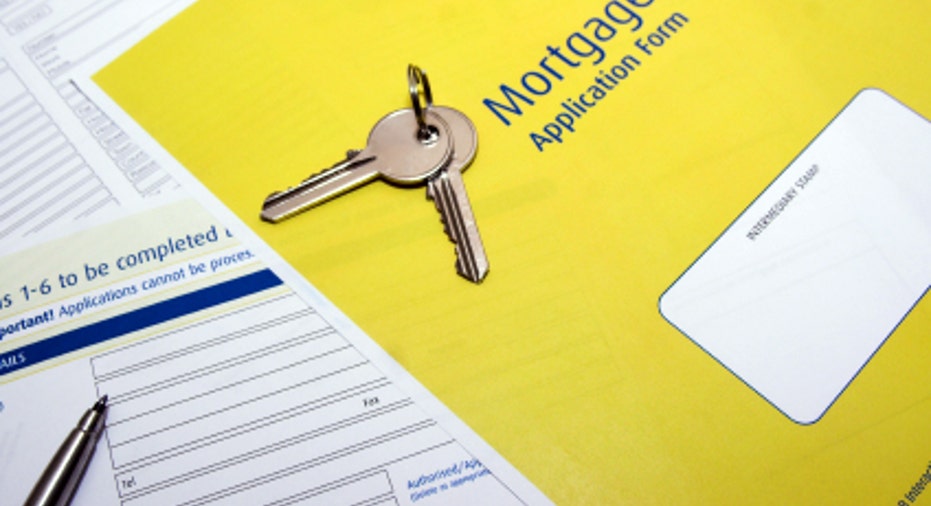Homeowner Wants to be Mortgage-Free by 52

Dear Dr. Don,
I recently purchased a new home with a 30-year mortgage fixed at 3.375%. I hate the idea of paying for a home for 30 years, not to mention the added interest over time. So, I have begun making monthly payments of an extra $262 toward the principal. This will reduce my loan term to 20 years. I will be 52 when the mortgage is paid off.
Do you think it is wise for me to pay off principal rather than invest somewhere else, given my low interest rate? The savings in interest will be something like $44,000 over 20 years. Should I consider stocks, bonds or even more property?
Should I apply any extra payments toward my private mortgage insurance, or PMI?
I know that once I reach around an 80% mortgage-to-value ratio, I can eliminate my $70 monthly PMI payment. I made a down payment of 10%, and estimate I can apply to have the insurance discontinued in five years. It might be even sooner with the extra payments.
Any suggestions about PMI, extra payment toward principal or investing are welcome. I am now 32 and without retirement savings. Fortunately, I do have enough extra money to start putting a few hundred dollars a month into a Roth individual retirement account.
Thanks,
- Zack
Dear Zack, I think it's a healthy financial goal to have the house paid off before you retire. But my concern with your plan of paying off the house by the time you're 52 is that you'll be short-changing some of your other life goals, such as saving for retirement or other long-term financial goals.
If you can fully use the interest deduction on your income taxes, you're getting an even lower effective rate than the stated rate on your mortgage. You shouldn't make additional principal payments on the mortgage if you expect to earn more after taxes on your investments than you pay after taxes on your mortgage. Your PMI premium changes the math a bit.
The best reason to make additional principal payments in your situation is to get out from under the PMI premium sooner. Some mortgage holders, such as Fannie Mae and Freddie Mac, require the loan to be "seasoned" for a certain number of years before the borrower can get out from PMI.
After that, you can throttle back on the additional principal payments and redirect that money to other long-term financial goals such as retirement. One exception to this advice is if your employer matches part of your contributions to a retirement plan. In most cases, that's a 50% return on the amount invested, up to the limit of the matching contribution. You don't want to leave that money on the table, even while looking to eliminate PMI payments. You didn't mention a 401(k) or a 403(b) plan, so the comment may not be relevant to you.
Most homeowners hate paying PMI, given that it's an insurance premium, but remember the policy is there to protect the lender. PMI allowed you to get into a home with a 10% down payment. The good news is that, as you point out, PMI obligations don't last forever.
Get more news, money-saving tips and expert advice by signing up for a free Bankrate newsletter.
Bankrate's content, including the guidance of its advice-and-expert columns and this website, is intended only to assist you with financial decisions. The content is broad in scope and does not consider your personal financial situation. Bankrate recommends that you seek the advice of advisers who are fully aware of your individual circumstances before making any final decisions or implementing any financial strategy. Please remember that your use of this website is governed by Bankrate's Terms of Use.
Copyright 2013, Bankrate Inc.



















